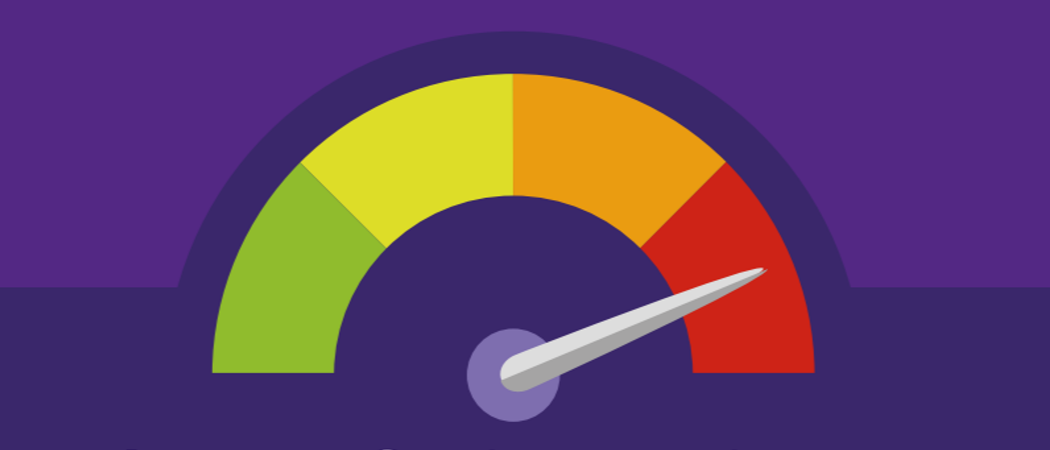A quarter of applicants to the European Innovation Council Accelerator like the idea of the EU investing in their companies, with strongest interest from Spain and Israel

Spanish and Israeli start-ups have shown the strongest interest in a new EU pilot scheme in which the European Technology and Innovation Council (EIC) will make equity investments in fledgling companies.
More than a quarter of applicants for the first round of equity support from the EIC accelerator pilot programme registered an interest in equity investments, which would be funded through the Horizonz 2020 research programme. The remainder were solely interested in grants.
This is the first time a European Commission programme has acted as an equity investor, although the European Investment Bank funds venture investments through the European Innovation Fund. That has seen an increase in venture financing under the auspices of the Juncker Plan.
The accelerator will see the commission offering a mix of equity investments and grants to help small tech companies scale-up products that are almost ready to hit the market. If companies succeed, there will be a commercial return
Spain the most active country in EU small business funding
The most blended finance requests came from Israel and Spain, with 80 and 78 applications respectively. Spain also had the largest number of grant-only requests, 228, followed by Italy with 173 and Israel with 164.
The number Spanish applicants reflects the country’s prominence in the older SME Instrument, which is being replaced by the EIC Accelerator.
“In Spain, small and medium companies have always been very, very active” in EU funding programmes, said Rosa Menéndez, president of Spain’s National Research Council and a former evaluator of SME Instrument applications.
Spanish firms are by far the greatest beneficiaries of SME Instrument support since Horizon 2020 launched in 2014, having received more than €346 million, way ahead of second-place France, which has received €187 million.
Israel is the seventh-largest recipient of SME Instrument support, having received €133 million.
The commission said that of 1,852 applications for €5.2 billion of support, nearly 500 were requests for blended finance, worth a total of €2.8 billion. The rest were for grants alone. Only a fraction will be approved, since the 2019-2020 budget of the Accelerator pilot is €1.3 billion.
“We were surprised by the proportion of companies applying for blended finance,” said Mathias Aguirre Havgar, head of Innovation Norway’s Brussels office.
If the applicants for equity financing turn out to be “solid and interesting companies,” then “it means there’s a lot of companies in Europe that have projects that require a lot of capital, and they’re not able to find the capital they need on the private market,” Havgar said.
While the latest round of applications for EIC support, which closed on 9 October, is the first to offer equity financing alongside grants, the EIC pilot has been running since early 2018.
The formal launch of EIC will be in 2021, when Horizon Europe gets off the ground. The commission wants a budget of €10 billion for EIC, but the final amount is in the hands of member states.





 A unique international forum for public research organisations and companies to connect their external engagement with strategic interests around their R&D system.
A unique international forum for public research organisations and companies to connect their external engagement with strategic interests around their R&D system.